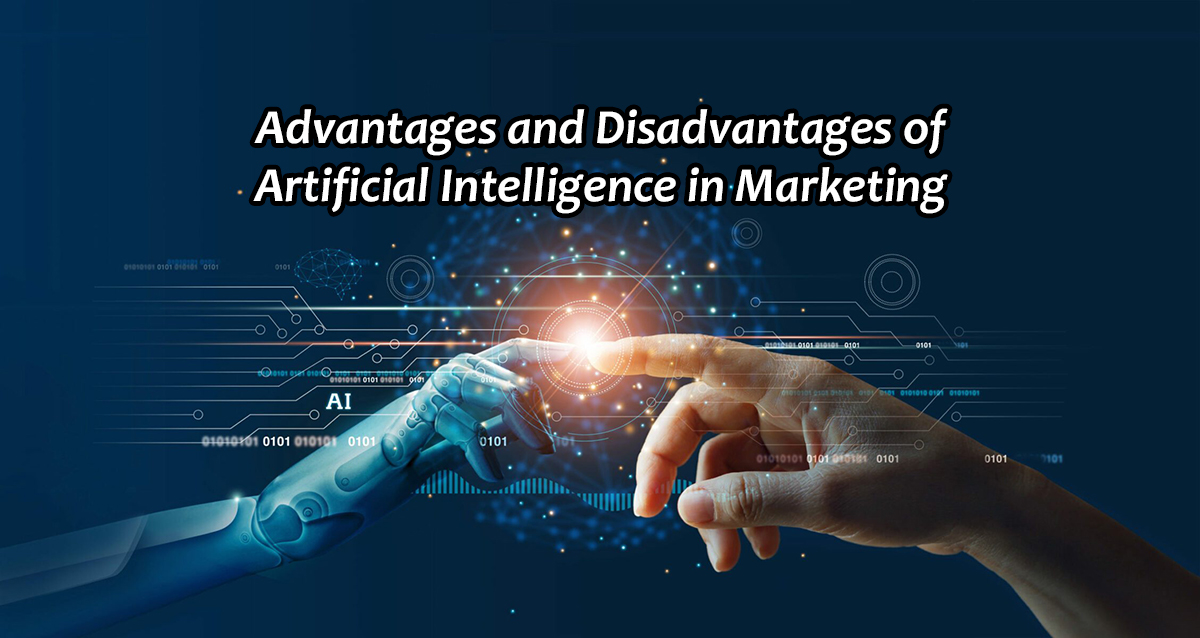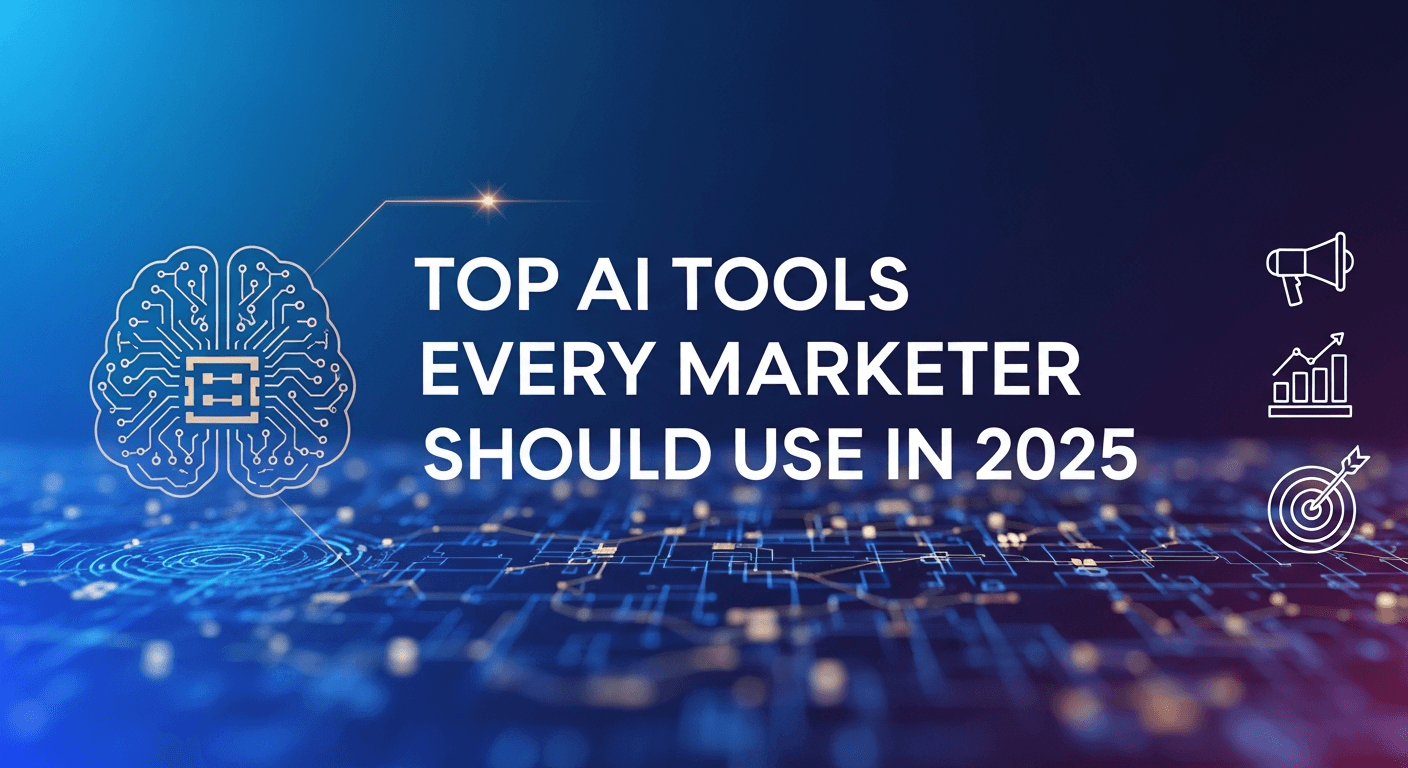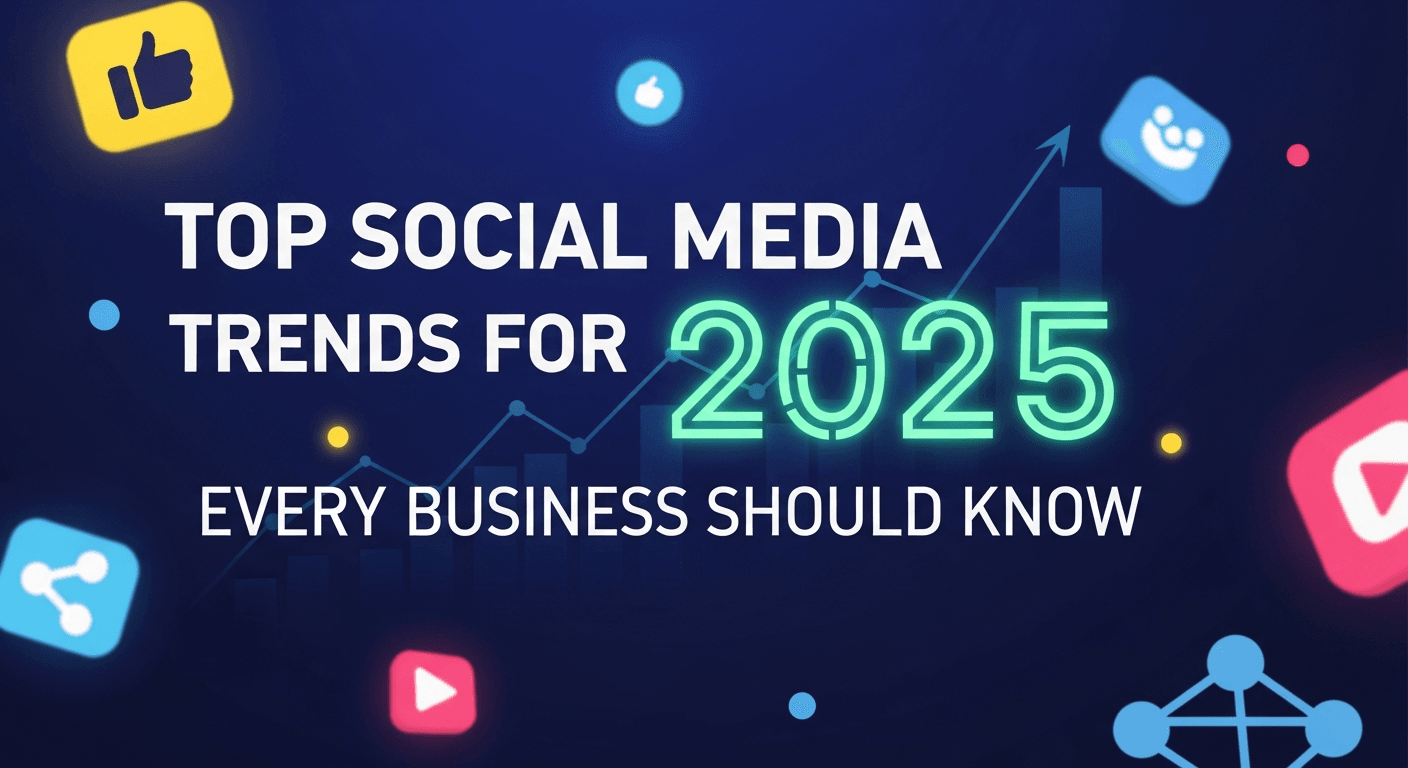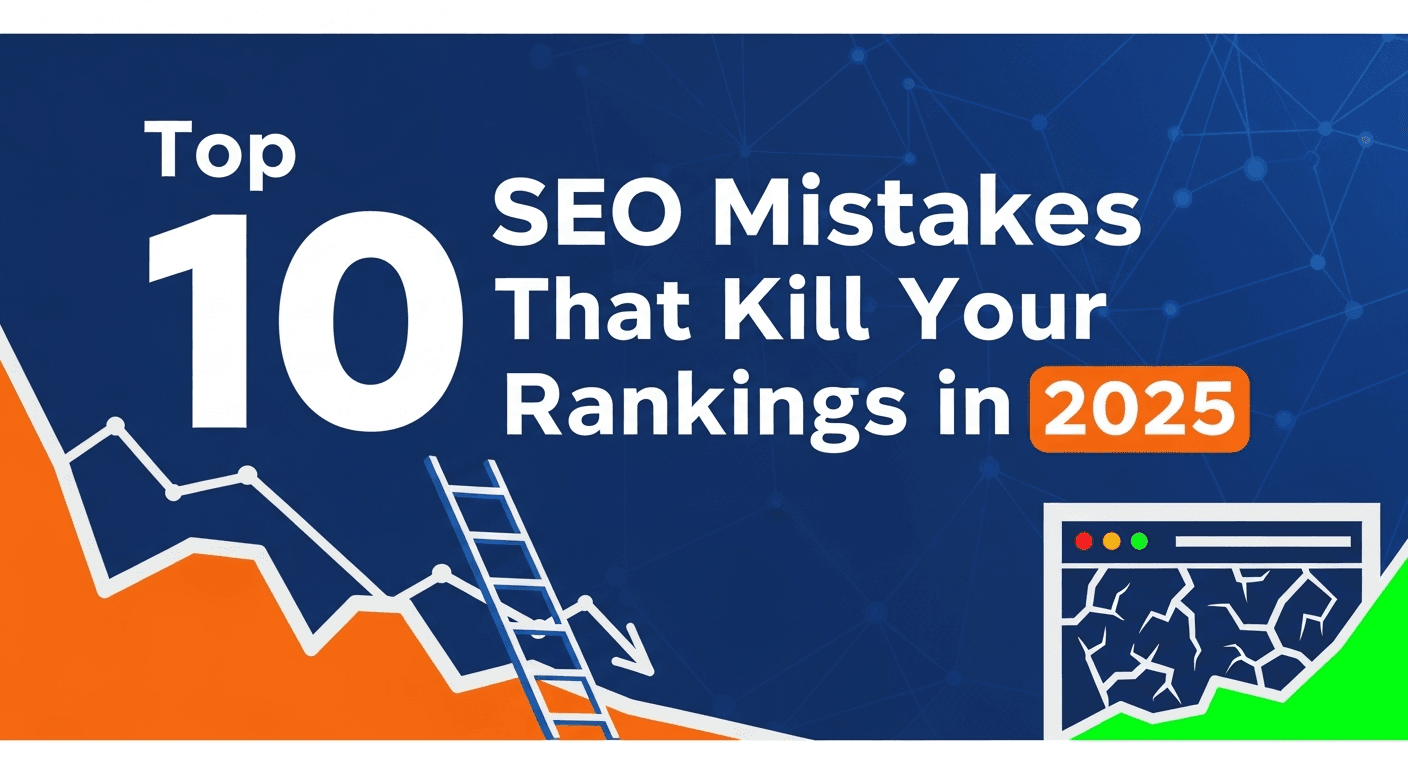Artificial Intelligence (AI) has emerged as a powerful tool reshaping the marketing landscape, offering unparalleled capabilities to businesses seeking to engage with their audiences in more personalized and efficient ways. This game-changing technology has completely transformed the way marketing strategies are created, implemented, and improved. In exploring the advantages and disadvantages of AI in marketing, we uncover a nuanced understanding of its impact on businesses, customers, and the industry as a whole. Let’s delve deeper into the realm where technology meets marketing to unravel the complexities and potentials of AI integration.
Advantages of AI in Marketing
Artificial Intelligence (AI) has ushered in a new era of marketing, offering a multitude of advantages that empower businesses to enhance their strategies and drive better results. By harnessing the power of AI technologies, marketers can leverage data-driven insights, personalize customer experiences, automate tasks, employ predictive analytics, and elevate customer service to unprecedented levels of efficiency and effectiveness.
1. Data Analysis and Insights
- AI enables marketers to process vast amounts of data swiftly and accurately.
- By analyzing this data, businesses can derive valuable insights that inform strategic decision-making.
- Data analysis through AI helps marketers understand consumer behavior patterns and preferences with a level of granularity that was previously unattainable.
2. Personalization
- One of the key strengths of AI in marketing is its ability to deliver personalized experiences to consumers.
- AI algorithms can analyze customer data to tailor content, recommendations, and interactions based on individual preferences.
- Personalization enhances customer engagement, fosters loyalty, and ultimately leads to higher conversion rates.
3. Automation
- AI-powered automation streamlines repetitive marketing tasks, freeing up valuable time for marketers.
- Tasks such as email campaigns, social media scheduling, and ad placements can be automated to ensure consistent and timely delivery.
- Automation allows marketers to focus on more strategic initiatives that require human creativity and insight.
4. Predictive Analytics
- AI is highly skilled in predictive analytics, using past data to forecast future trends and outcomes.
- By leveraging predictive analytics, marketers can anticipate customer needs, optimize campaigns in real-time, and stay ahead of the competition.
- This proactive approach to decision-making enables businesses to adapt quickly to changing market conditions and consumer preferences.
5. Improved Customer Service
- AI-driven chatbots and virtual assistants provide round-the-clock customer support, enhancing the overall customer experience.
- These AI-powered tools can answer customer queries in real-time, address common issues, and guide users through purchasing decisions.
- Improved customer service leads to higher levels of customer satisfaction, increased retention rates, and positive brand perception.
The advantages of AI in marketing are vast and transformative, offering businesses the tools they need to thrive in an increasingly competitive and data-driven landscape. By harnessing these advantages effectively, marketers can unlock new opportunities for growth, innovation, and customer engagement in the digital age.
Disadvantages of AI in Marketing
While Artificial Intelligence (AI) presents numerous advantages for marketing strategies, it also comes with its own set of challenges and disadvantages that businesses need to navigate carefully. Understanding these drawbacks is essential for marketers to mitigate risks, ensure ethical use of AI, and maximize the benefits of this transformative technology.
1. Lack of Human Touch
- Despite the advancements in AI-driven personalization, there is a concern about the lack of human empathy and emotional intelligence in interactions.
- Building genuine connections with customers may prove challenging in purely AI-driven marketing strategies, potentially leading to a lack of authenticity in engagements.
2. Data Privacy Concerns
- The collection and analysis of vast amounts of customer data raise significant privacy concerns.
- Marketers must ensure transparency in data usage and comply with regulations such as the General Data Protection Regulation (GDPR) to maintain customer trust and safeguard sensitive information.
3. Initial Investment and Training
- Implementing AI technologies in marketing requires a substantial initial investment in resources and training.
- Small businesses with limited budgets may find it challenging to adopt AI in their marketing efforts, potentially creating a barrier to entry for some organizations.
4. Algorithm Bias
- AI algorithms are only as good as the data they are trained on, which can introduce biases into decision-making processes.
- Biases in data can lead to discriminatory outcomes or inaccurate predictions, impacting the effectiveness of marketing campaigns and potentially alienating certain customer segments.
5. Dependency on Technology
- Relying heavily on AI for marketing tasks can create a dependency on technology that may limit human creativity and strategic thinking.
- It is crucial for marketers to strike a balance between automation and human input to maintain a competitive edge and foster innovation in marketing strategies.
By acknowledging and addressing these disadvantages of AI in marketing, businesses can proactively mitigate risks and challenges while harnessing the full potential of artificial intelligence to drive growth, engagement, and success in an increasingly digital and data-centric marketing landscape.
Conclusion
In conclusion, the integration of Artificial Intelligence (AI) in marketing offers a plethora of advantages that have revolutionized how businesses engage with their audiences and optimize their marketing efforts. From data analysis and personalization to automation, predictive analytics, and improved customer service, AI has become a cornerstone of modern marketing strategies, enabling companies to achieve greater efficiency, effectiveness, and customer satisfaction.
However, alongside these advantages, it is crucial for marketers to be aware of the potential disadvantages and challenges posed by AI in marketing. Issues such as the lack of human touch, data privacy concerns, initial investment requirements, algorithm bias, and dependency on technology underscore the need for a balanced and thoughtful approach to incorporating AI into marketing strategies.
To leverage the benefits of AI effectively while mitigating risks, marketers must prioritize transparency, ethical practices, and ongoing training to ensure that AI technologies are used responsibly and in alignment with customer expectations and regulatory requirements. By addressing these challenges proactively, businesses can navigate the complexities of AI in marketing and unlock its full potential to drive innovation, enhance customer experiences, and achieve sustainable growth in a rapidly evolving digital landscape.
As AI continues to shape the future of marketing, embracing its advantages while addressing its limitations will be essential for businesses seeking to stay competitive and deliver value to their customers in a dynamic and data-driven marketplace. By striking a balance between innovation and ethical considerations, marketers can harness the transformative power of AI to create meaningful connections, drive business outcomes, and shape the future of marketing in the digital age.




